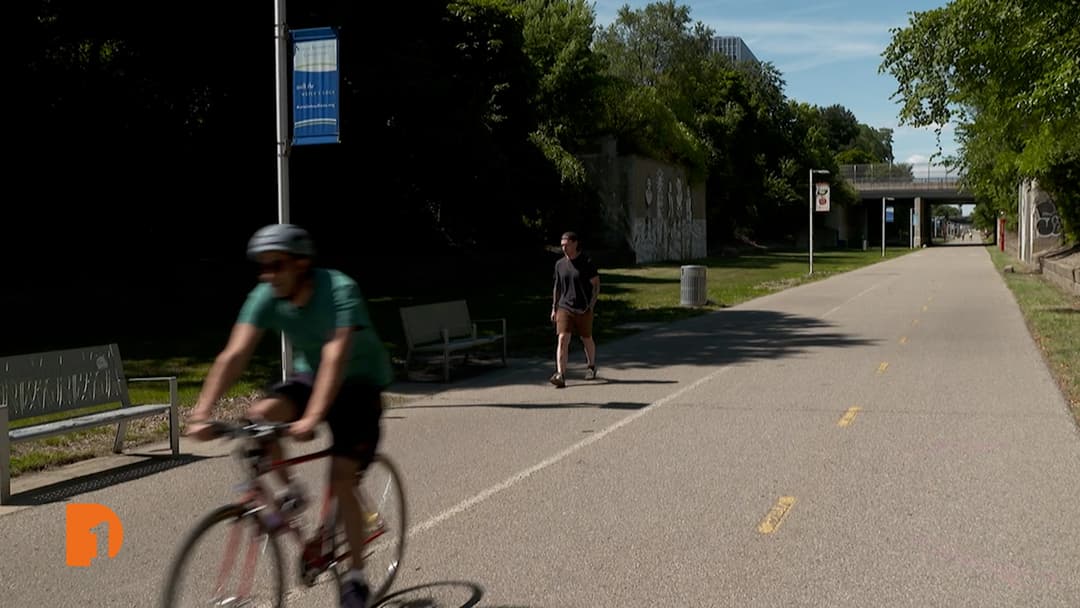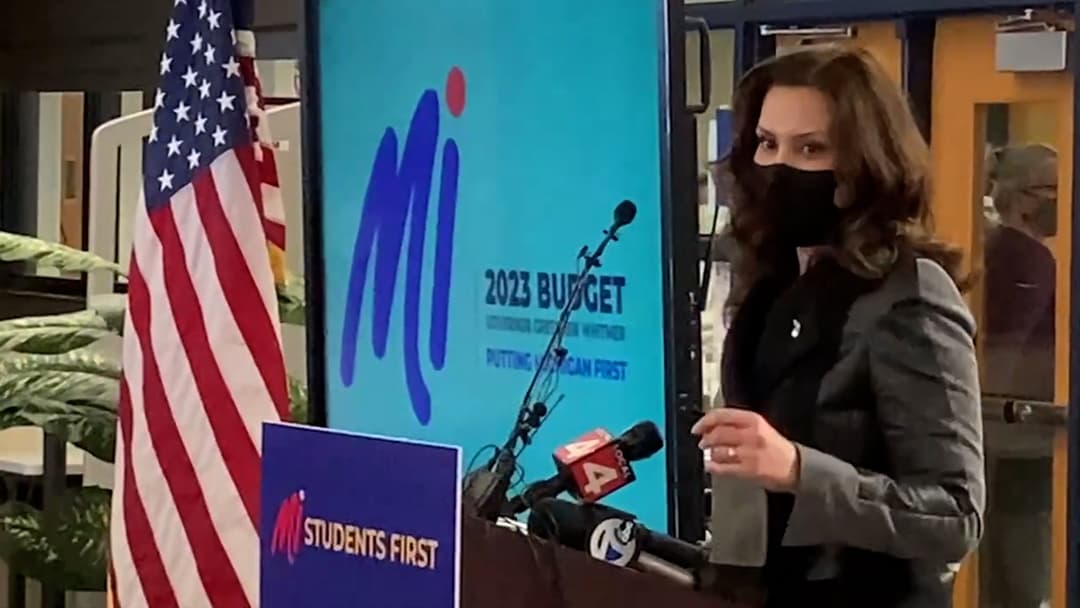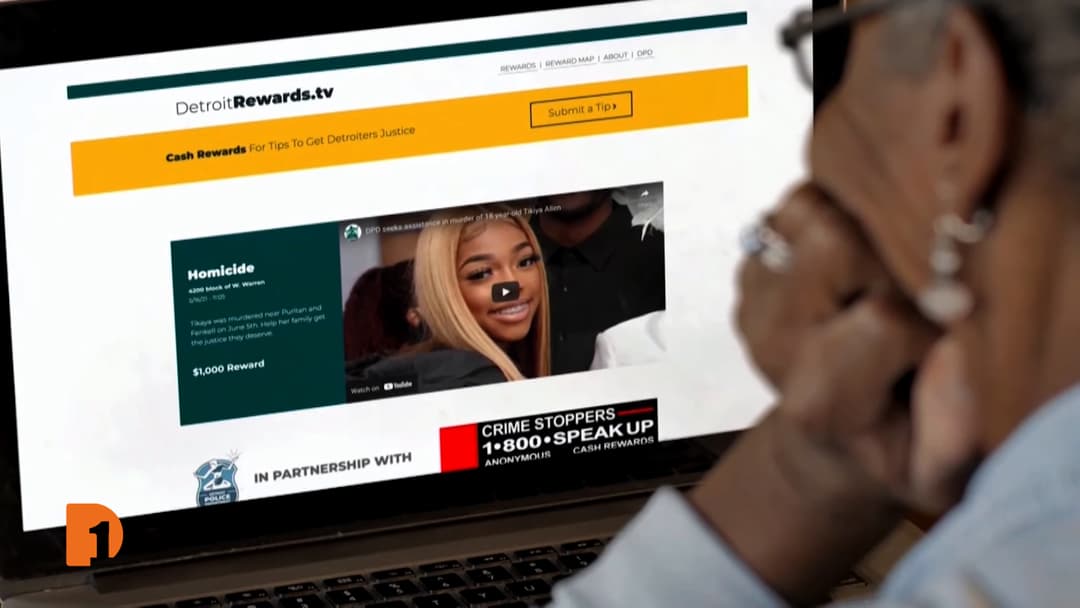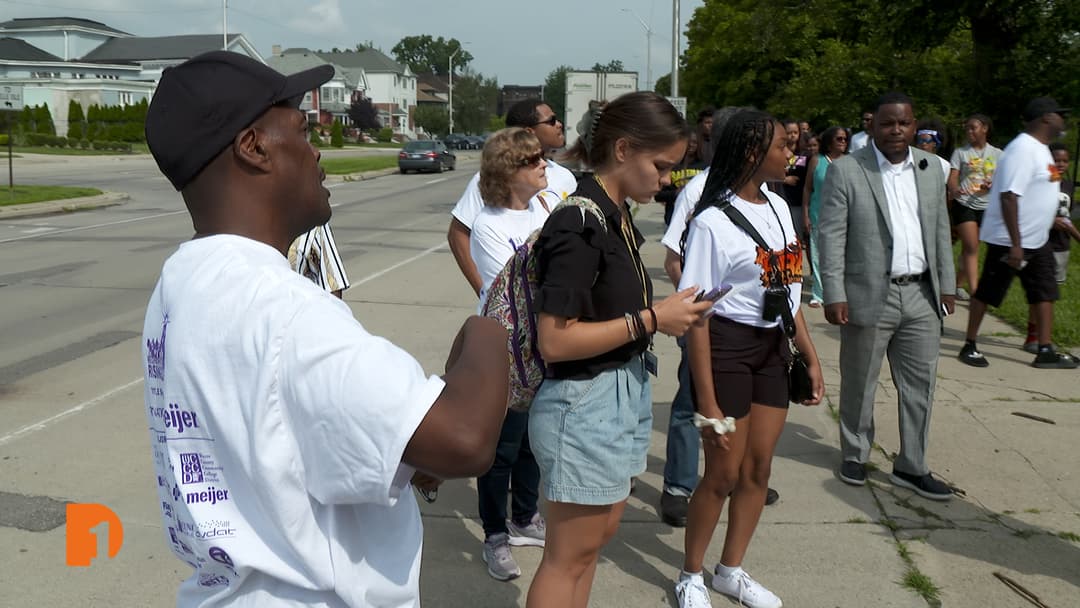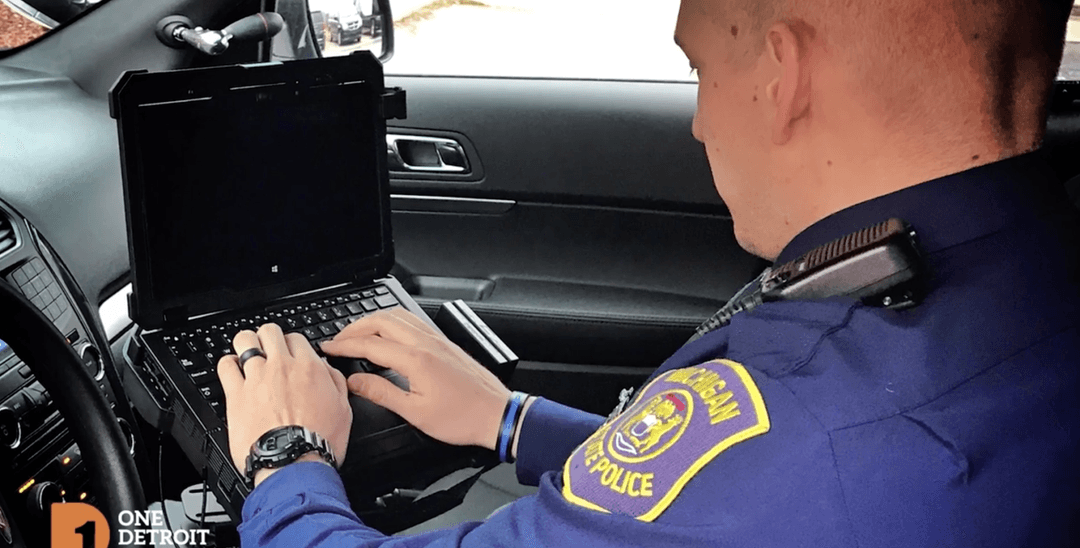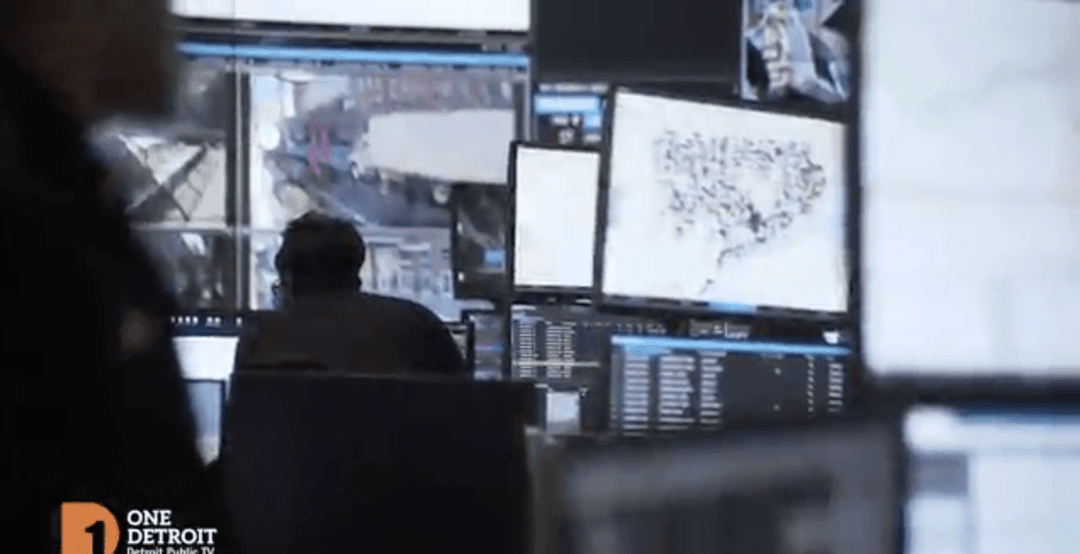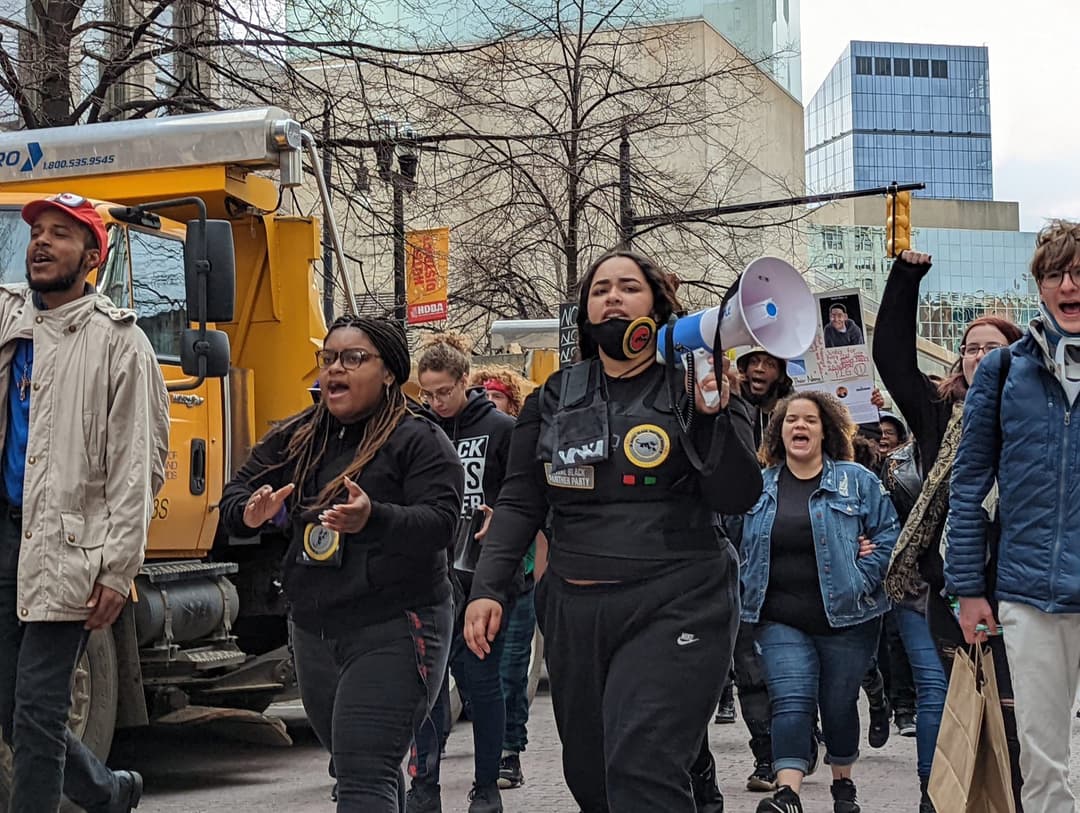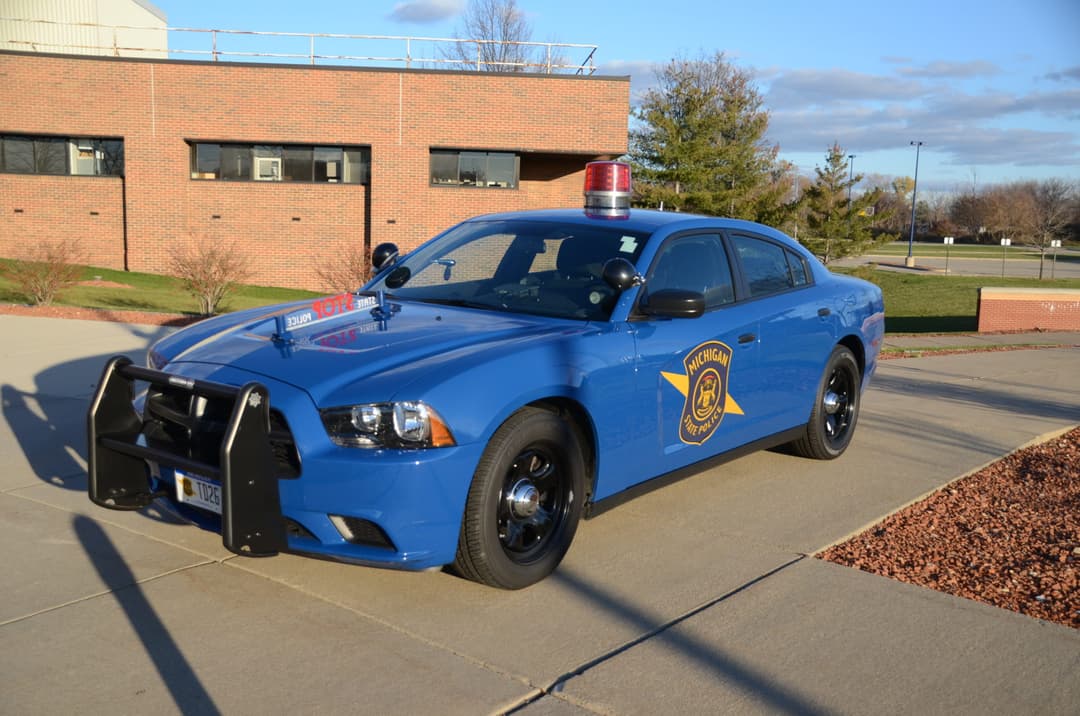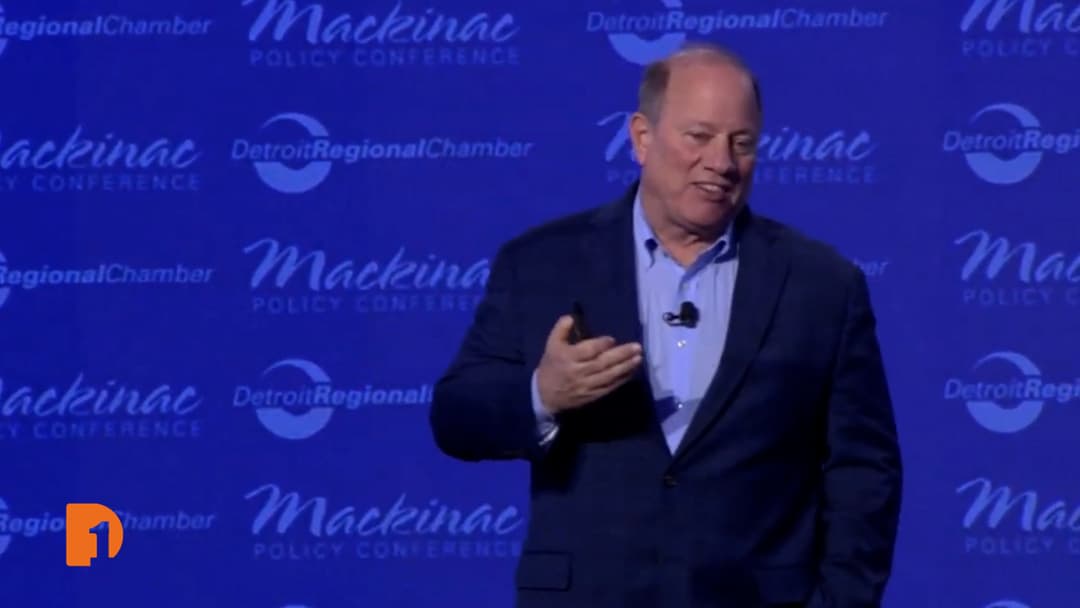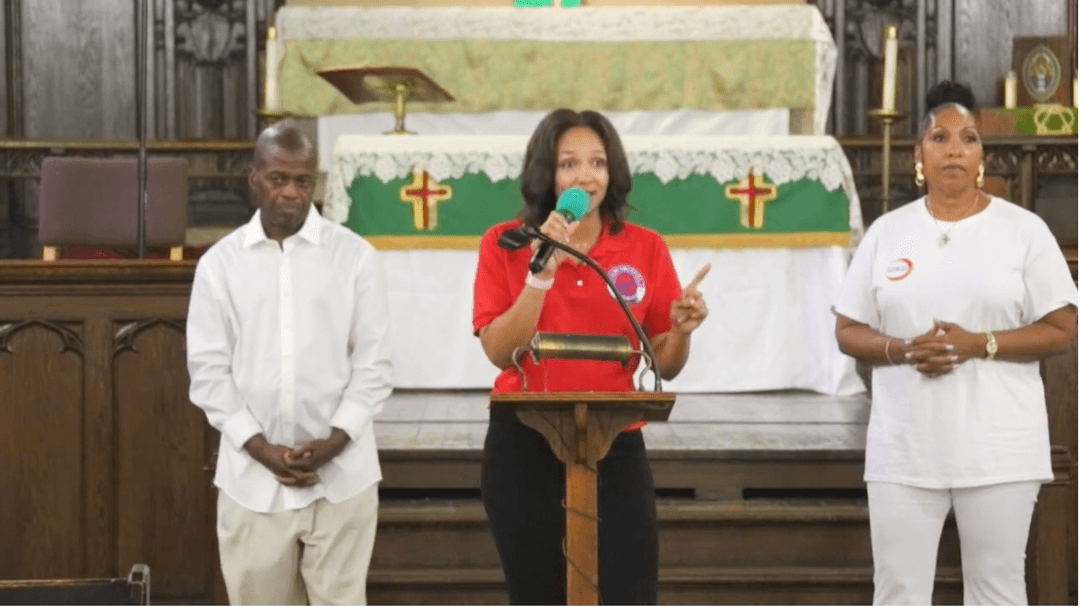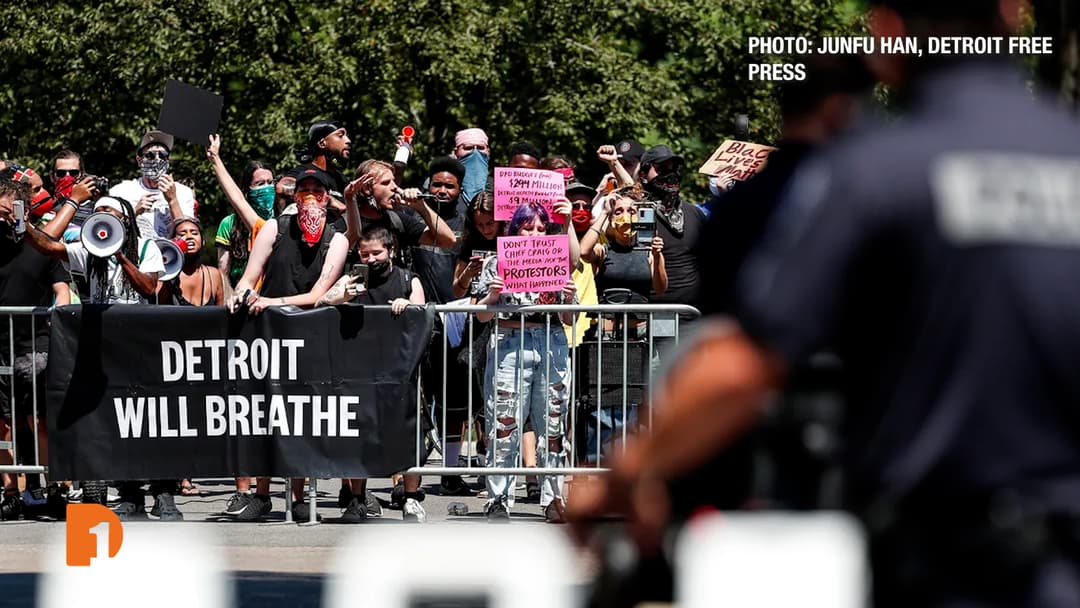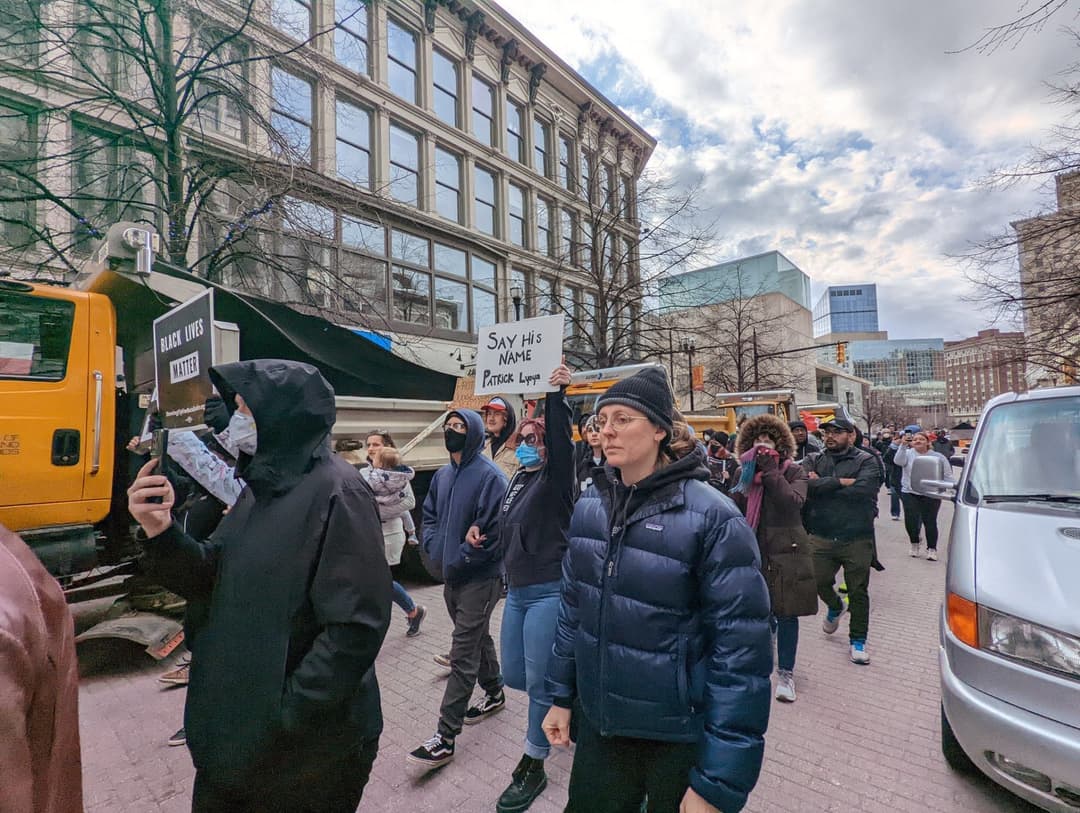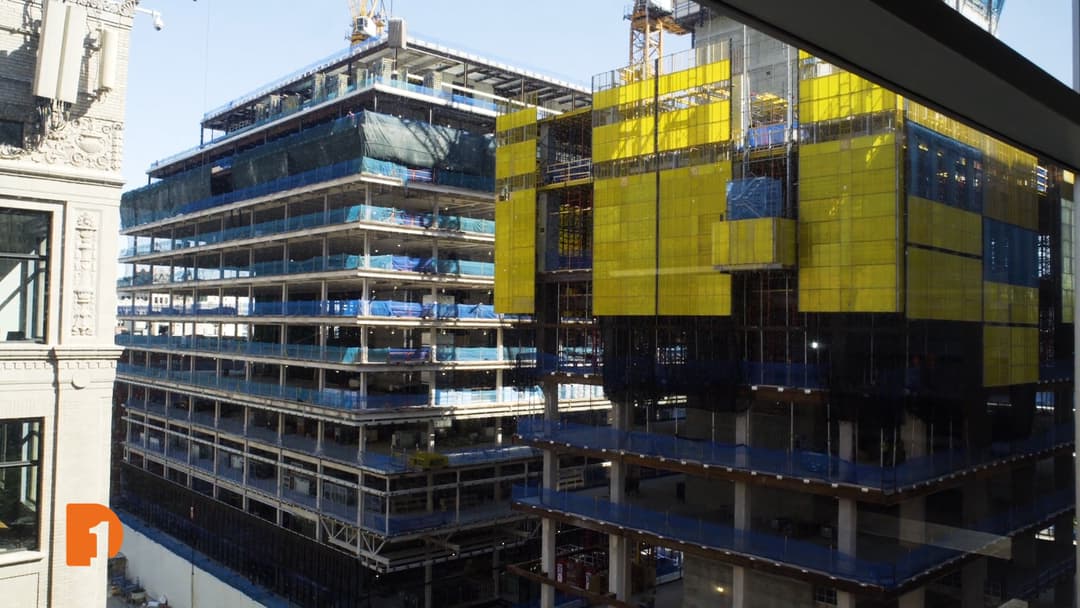Controversy surrounding Detroit’s ShotSpotter expansion raises transparency concerns among residents
Aug 18, 2023
The expansion of the ShotSpotter system in Detroit has ignited a wave of controversy as citizens demand answers about the technology’s impact on their community and question the lack of transparency from both the Detroit Police Department and the California-based company, Sound Thinking.
Back in 2021, the Detroit Police Department entered a pilot program with Sound Thinking to implement the ShotSpotter system, aimed at assisting law enforcement in swiftly responding to incidents involving gunshots. The technology uses a network of acoustic sensors strategically placed throughout neighborhoods to detect and triangulate the source of gunfire, allowing officers to be dispatched more accurately.
RELATED: Detroit Police Department, Crime Stoppers teams up to solve crimes with Detroit Rewards TV
However, as the system’s use expanded, so did concerns among Detroit residents. Many argue that the system’s effectiveness remains uncertain, with limited evidence to demonstrate its impact on reducing gun violence. The lack of publicly available data displaying the system’s success has fueled skepticism and calls for greater transparency.
The Detroit City Council’s recent decision to expand the use of ShotSpotter has only amplified these concerns. As the system is set to be deployed in more neighborhoods, citizens are demanding clarity on its potential implications for privacy, surveillance, and community-police relations.
BridgeDetroit’s Malachi Barrett, who has reported on this story previously, talked with producer Will Glover for a conversation about a call from Detroiters for more transparency from Sound Thinking and the Detroit Police Department, the Detroit Police Department’s shift on ShotSpotter’s impact, and how the technology’s expansion will affect residents around the city.
Full Transcript:
Will Glover, Producer, One Detroit: Bring us up to speed on what ShotSpotter is and I guess what the latest Detroit Police Department (DPD) is doing with the technology.
Malachi Barrett, Reporter, BridgeDetroit: Yeah, so ShotSpotter is a gunshot detection technology that’s offered by a private company based out of California known as Sound Thinking. ShotSpotter is the name of the audio surveillance tool. Generally, the idea is they set up these listening devices in neighborhoods to hear gunfire sounds.
When they pick something up. They send an alert to the police. And ideally, that will help police get a better idea of where gunshots are happening throughout the city. In Detroit, it’s been here since March of 2021. And there were contracts that were approved last summer by the city council to expand the city’s relationship. Originally, this started out as a pilot program and really just two police precincts. The council approved a $7 million contract that expands that now to, I believe, 12 police precincts throughout the city.
Will Glover: How accurate is the device itself?
Malachi Barrett: ShotSpotter says that they are accurate up to 82 feet. They are able to track the location of a gunshot, supposedly. So that will actually kind of help further pinpoint where an area is. The question of how accurate is it in practice, I think is still an open one. We received some data from ShotSpotter itself, a scorecard that basically shows what the accuracy rate was for 2021 and the first part of 2022. It took us a year to get that information through a Freedom of Information Act request.
Will Glover: You had to FOIA?
Malachi Barrett: We had to FOIA for that. The data was not released. And I think this is part of the ongoing criticism and controversy around this technology is the transparency around how well it’s working. How we even determine what success looks like, I think, has changed a little bit as we’ve talked about this and these community conversations from the police. But in terms of like- there’s been 35,000 some alerts so far this year. So could you say that that’s 35,000 gunshots? I think it’s hard to say based on the accuracy information that we have.
The data that we got showed that 99% of the alerts were actually accurate based on a couple of different… I mean, there were a limited number of false positives where the system will say something is gunfire that really isn’t or missed locations. But in the vast majority of cases, ShotSpotter itself is saying that their technology is really accurate, and they’re actually obligated to meet a 90% threshold under that contract with the city.
Will Glover: Basically, if they’re supposed to reach a 90% threshold and they’re reporting 99%. Is there any independent body to verify what the company’s report of their success has been? Because it seems kind of obvious that if they’re auditing themselves, essentially, of course, they’re going to meet that threshold.
Malachi Barrett: So the way that these mistakes are reported, it has to come from DPD to ShotSpotter. So a police officer will say, hey, we showed up at a scene, there wasn’t any evidence of a gunshot. We think that this was a mistake. Or we showed up at this place and actually the gunshot happened a block over, so the location was inaccurate.
That’s really the only way that can get tagged in the first place. So there’s concern that we might be missing- or this doesn’t offer a full and complete picture of what the accuracy looks like because you’re already getting only the things that police are able to prove as a mistake. And then there has been no independent third-party analysis in Detroit. And what we found in other cities, when there is a third-party analysis, for example, in Chicago, which is one of the bigger cities to be using this technology, the vast majority of these alerts couldn’t be connected to any crime.
So in most cases, I think it’s hard to say, you know, from the other aspect of what are we actually getting out of this technology? What are we solving here? I think it’s hard to say that it’s reducing crime or even leading to arrests and convictions and prosecutions of gun-related crime, which was early on talked about is one of the key benefits of this program.
Will Glover: Why is it so difficult to get the data from either Sound Thinking or the ShotSpotter company or DPD themselves?
Malachi Barrett: Yeah, I don’t really know. I mean, I think that’s a really good question because this data is supposed to be owned by the city of Detroit. And as you said, this is a taxpayer-funded program. It’s obligated to be released to the public. The Board of Police Commissioners, the civilian oversight body that is in charge of creating accountability for the police, are obligated to receive weekly, I believe, maybe quarterly reports. They’re supposed to receive regular reporting on the accuracy rate of ShotSpotter, and they haven’t received any of that.
Will Glover: They haven’t received any?
Malachi Barrett: They haven’t received any. Board secretaries told me that they’ve never received a report on the accuracy.
Will Glover: What does DPD say about how they’re using the system? Are they saying it’s helpful? Have they said it’s helped them solve more crimes? What are they saying?
Malachi Barrett: What comes next in this is better understanding what our expectations for ShotSpotter should be, because that conversation has changed quite a bit since it originally was unveiled.
James E. White, Police Chief, City of Detroit: I don’t think we should look at ShotSpotter as an either-or. It’s an “and.” It’s an “and” community investment. It’s an “and” to all these other things that we’re doing with the police department. It’s “and” transparency. So it’s not either-or, but it’s a tool. It’s simply a tool that alerts us as a police agency when someone is firing a gun in our community.
Malachi Barrett: Police Chief James White has said that just even the presence of these things should make shooters think twice about firing a gunshot within the area. Since then, I think we’ve seen the police transition more to talking about how it helps them collect evidence that will help them solve crimes that lead to, you know, recovery of guns and convictions for homicides and other gun-related crimes.
Stay Connected:
Subscribe to One Detroit’s YouTube Channel & Don’t miss One Detroit Mondays and Thursdays at 7:30 p.m. on Detroit PBS, WTVS-Channel 56.
Catch the daily conversations on our website, Facebook, Twitter @DPTVOneDetroit, and Instagram @One.Detroit
View Past Episodes >
Watch One Detroit every Monday and Thursday at 7:30 p.m. ET on Detroit Public TV on Detroit Public TV, WTVS-Channel 56.
Stay Connected
Subscribe to One Detroit’s YouTube Channel and don’t miss One Detroit on Thursdays at 7:30 p.m. and Sundays at 9 a.m. on Detroit PBS, WTVS-Channel 56.
Catch the daily conversations on our website, Facebook, Twitter @OneDetroit_PBS, and Instagram @One.Detroit
Related Posts
Leave a Reply
Your email address will not be published. Required fields are marked*

